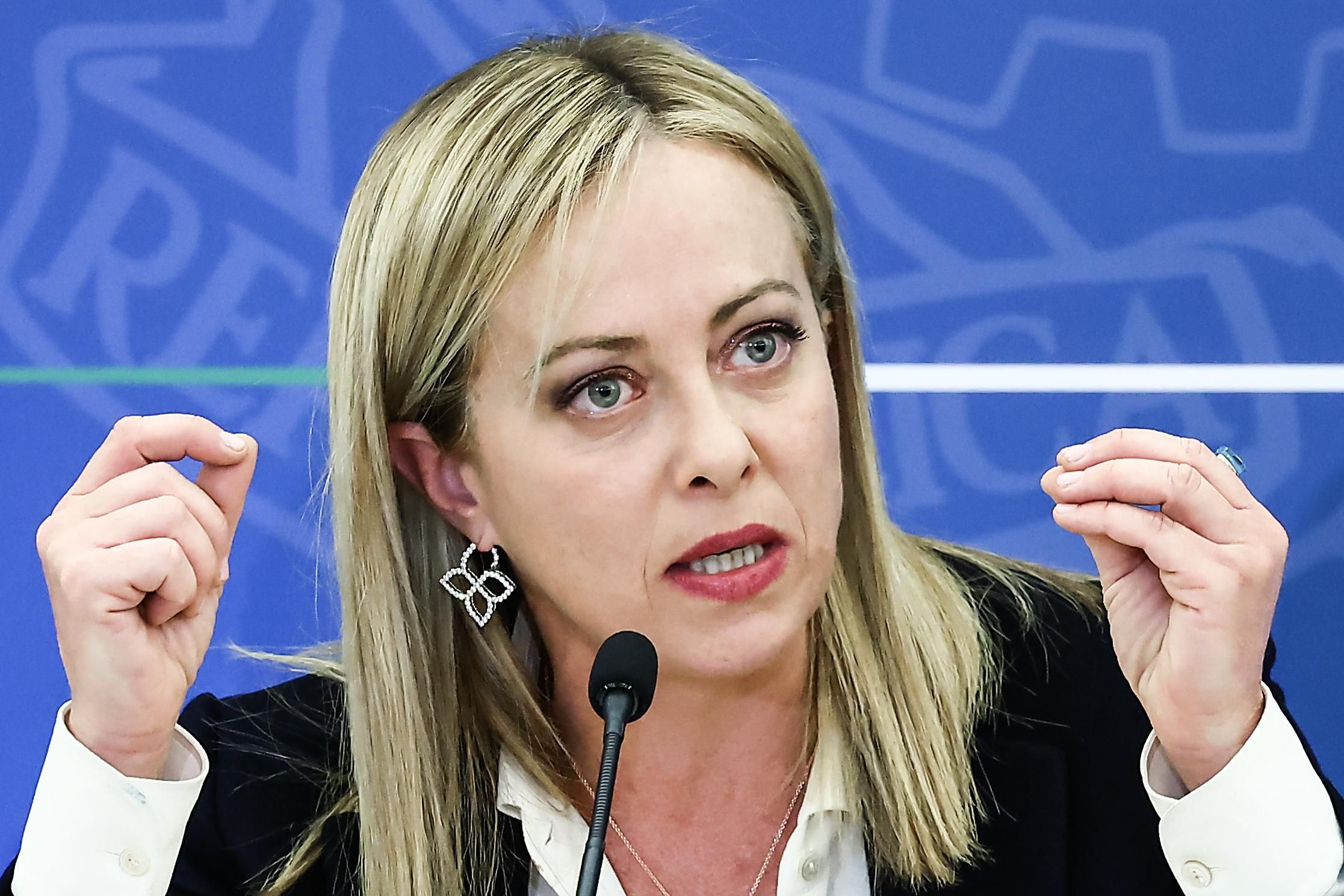What We’re Watching: Meloni’s migrant moves, a cartel for rainforests, Haiti’s hope for fuel
Meloni draws a line on migrants
Since becoming Italy’s prime minister two weeks ago, Giorgia Meloni has pushed back against media attempts to portray her as a far-right nationalist euro-skeptic troublemaker. Aware that Italy needs cash from the EU, she’s presented her government as ready to negotiate with Brussels on outstanding issues in good faith. She’s made clear her support for Ukraine and NATO. Yet, she does stand ready to strike a harder line on migration policy as asylum-seekers continue to arrive by boat. (Italy has already received 85,000 migrants from across the Mediterranean this year.) On Sunday, two rescue ships that made port in Sicily were told that children and people with medical problems were allowed off the ships, but able-bodied men were not considered “vulnerable” and must remain on board. The ships were then ordered to leave, but their captains refused to budge. Rights groups and Italian opposition politicians say Italy’s decision violates EU law and the Geneva Convention. Meloni knows that many Italians expect a harder line on asylum policy and that greenlighting the entry of all migrants encourages more people to take the risky journey across the Med. This standoff is just the beginning of the Meloni government’s battle with EU officials and aid groups over an issue that provokes strong emotions on both sides.
Rainforest cartel!
Well if the world’s largest oil exporters can form a cartel to influence crude prices, why can’t the world’s largest rainforest superpowers do the same to control deforestation? That’s precisely the idea behind a plan by Brazil, Indonesia, and the Democratic Republic of Congo to form a new “OPEC of Rainforests.” The three countries are home to more than half of the world’s total tropical forests, which environmentalists say are crucial “lungs of the earth” to mitigate the global warming effects of greenhouse gasses. The grouping would coordinate on limiting deforestation while also advancing proposals for developed countries to help finance conservation efforts in the Global South. This issue is a big one at COP27: Developing countries bear the brunt of climate change catastrophes while — with the exception of big polluters China and India — emitting relatively little. One major boon to the Rainforest OPEC idea was the election last week of Luiz Inácio Lula da Silva as president of Brazil. He has pledged to eliminate Amazon deforestation during his term. That’s a sharp contrast with outgoing President Jair Bolsonaro, whose pro-farmer policies caused a significant uptick in Amazon deforestation in recent years.
Gangster fuel politics rock Haiti
Jimmy Cherizier, a former cop who goes by the name "Barbecue" as Haiti's top gangster, says he's lifted the blockade on the main fuel terminal in the capital, Port-au-Prince. In theory, that should ease a severe shortage that has forced gas stations to close, hospitals to run only essential services amid a cholera outbreak, and banks and grocery stores to open just for a few hours. But there's a problem: While Barbecue — perhaps under pressure from fresh UN sanctions against him — claims that truckers are now free to get fuel, no one knows if any fuel has actually left the terminal or who really controls it. Neither the government nor police have yet to react to Barbecue's announcement, celebrated by some Haitians who now openly call him "Monsieur President." Meanwhile, the UN keeps dragging its feet on holding a vote on deploying foreign troops to end the crisis, which started two months ago when embattled PM Ariel Henry suddenly scrapped much-needed fuel subsidies that made prices skyrocket. And what about ordinary Haitians? They remain cut off from fuel and helpless to do anything amid the ongoing fight between Barbecue and Henry in the perennial failed state.
